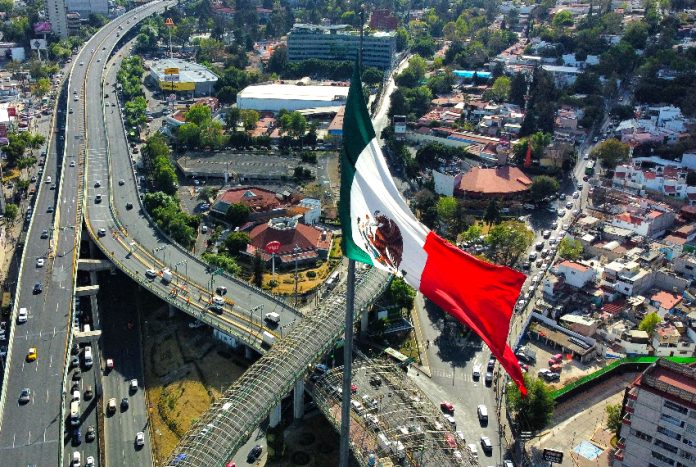It is not difficult to name the problems confronting Mexico; the hard part is to identify suitable solutions and create consensus for their implementation.
The problems are in good measure ageless and known to all, but their causes, consequences and potential solutions are always controversial. That’s why the old notion that the country is over-diagnosed and that the solutions are all but obvious is a false one or at least absurd. If they were, Mexicans would not be mired in the bog as we are.
Some of those problems are long-entrenched, while others are the product of the world’s accelerated evolution. Both, however, call for solutions that Mexican politicians have been incapable of providing.
In his presidential campaign, candidate Andrés Manuel López Obrador outlined the historical problems precisely: poverty, inequality, low growth and corruption. This complex set of problems is perceived as central for the development of the country, but they are consequences, not causal factors. As the official campaign season draws near, any discussion likely to deliver a relevant and viable program of government must focus on the roots of those problems in order to effectively address them.
To further complicate things, there are new problems (or, at least, new circumstances) that change the environment within which economic activity takes place and societies interact. The globalization of economic activity — from which Mexico more than benefits through exports and, recently, through so-called nearshoring — renders it impossible (and counterproductive) to adopt unilateral economic measures, as would have happened a half-century ago.
Factors such as organized crime — a transnational activity — require attention at the domestic level, but no nation can thwart these on its own. The ubiquity of information and the universalization of access to it has changed all the factors that characterized political life in the past.
The point is that long-running problems require solutions that take into consideration the realities of today’s world. The current out-going administration’s attempt to distance itself from today’s reality has proven to be misleading and detrimental to development and, paradoxically, harmful for the poorest part of the population — the same people who most intensely suffer from the problems that the president identified during his campaign.
The surprising aspect of the situation that Mexico is undergoing, like that of other nations, is not that it is difficult to spell out what should be done. The hard part, for whatever reason, has been to move toward implementing those solutions. The answers are often in plain sight, although at first glance they do not seem plausible.
Ronald Reagan delineated the dilemma with clairvoyance: “For many years now … [we have been] told there are no simple answers to the complex problems which are beyond our comprehension. Well, the truth is, there are simple answers. There just are no easy answers.”
Mexico’s particular points of tension did not come about by chance. They are the result of political malfunction (often as a result of the increasing complexity of the modern world, as seen in Ukraine and with artificial intelligence, cyber-attacks, the possible return of Trump and other disruptive politicians, especially in the context of extreme institutional weakness and the absence of effective checks and balances), bringing forth a political and electoral (outlook/expectation) that has paralyzed the country. This, paradoxically, also constitutes a great opportunity because even the president’s most devoted followers know that progress is impossible without agreements on the basic elements of human coexistence.
Throughout the current administration, government budgeting has been particularly harmful to economic growth. By diverting resources that would have normally been dedicated to education, health and other public spending, the government preferred to direct funds to its preferred clientele via cash transfer social programs. As the comedian Andy Borowitz says, “it would be nice to spend billions on schools and roads, but right now that money is desperately needed for political ads.”
Election cycles make it impossible to build accords about and for the future, but the political campaign season is also a good moment to explore options and possibilities. The candidates’ proposals may or may not be viable, but they oblige the public to think beyond the prevailing status quo. For that reason, political campaigns give society an opportunity to propose solutions and new approaches to address existing issues. The result is the creation of a shared understanding that can be the basis for future solutions. One of the most frequent errors in political analysis is blaming leaders for problems that are, in fact, structural. However, that does not excuse those same politicians from the obligation to work on — or, during their political campaigns, to propose — solutions to overcome the systemic issues.
Luis Rubio is the president of México Evalúa-CIDAC and former president of the Mexican Council on International Affairs (COMEXI). He is a prolific columnist on international relations and on politics and the economy, writing weekly for Reforma newspaper, and regularly for The Washington Post, The Wall Street Journal and The Financial Times.
Disclaimer: The views expressed in this article are solely those of the author and do not necessarily reflect the views of Mexico News Daily, its owner or its employees.
